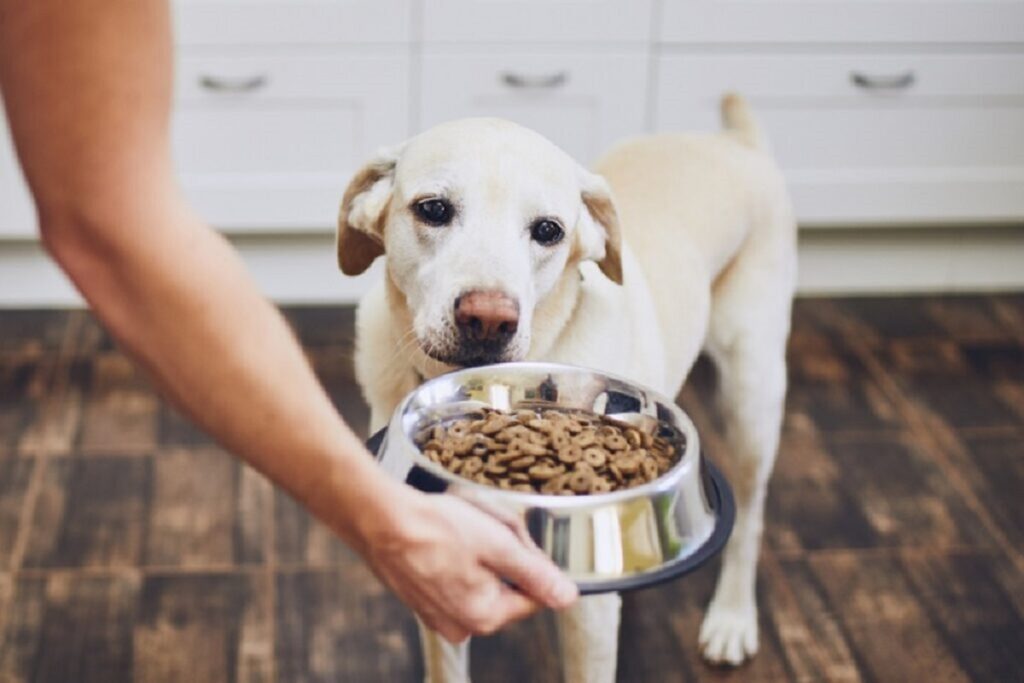As a dog owner, it’s hard not to want to spoil your furry companion with delicious meals and treats. After all, they’re not just pets—they’re family. But lately, veterinarians have been raising alarms about a growing trend among dog owners: preparing homemade meals for their dogs. While the intention behind these meals is undoubtedly loving, veterinarians are urging owners to reconsider this practice for their pets’ health.
The Risks Of Homemade Dog Diets

I’m guilty of it too—treating my terrier mix, Sprout, to a special homemade meal from time to time. But after learning more about the potential risks from veterinary experts, I’ve begun to rethink how I approach feeding my dog. One veterinarian, speaking to Buzzfeed, shared a significant concern: homemade dog meals, despite being crafted with the best intentions, might not provide the balanced nutrition dogs need.
Unlike humans who can thrive on a varied diet, dogs have specific nutritional requirements that can be tricky to meet through home-cooked meals. The main problem? Nutritional imbalances. Many well-meaning pet owners are unknowingly causing harm by feeding their dogs diets that lack the essential vitamins, minerals, and nutrients they need to stay healthy.
As this anonymous vet pointed out, “I’ve seen cases where owners, trying to do the right thing, end up making their dogs ill because the meals aren’t nutritionally balanced. These imbalances can cause serious health issues, from gastrointestinal distress to more severe problems like bladder stones.”
Tailoring Nutrition To Individual Dogs
One size does not fit all when it comes to dog nutrition. Each dog has unique dietary needs based on factors like age, breed, size, and pre-existing health conditions. For example, a high-energy breed like a Border Collie has different nutritional needs than an older Pug with health issues. If a dog is eating a diet made of just chicken and sweet potatoes, they might be missing out on crucial nutrients, leading to deficiencies.
When preparing meals for our dogs, it’s vital to ensure that their diet is as varied as it is safe. But here’s where it gets tricky—some foods that are perfectly safe for us humans can be harmful or even toxic to dogs. The American Kennel Club warns that foods like chocolate, grapes, and onions should be strictly avoided as they can cause serious health problems.
To give your dog the best, a little knowledge goes a long way. It’s not just about feeding them what’s on your plate. It’s about providing a well-rounded, safe diet designed for their specific needs. And that’s where consulting with a veterinarian comes in.
Consult a Veterinarian For Safe, Healthy Meals
Homemade meals might seem like the ultimate way to show love for your dog, but the truth is, it’s important to get professional advice. A veterinarian can guide you on how to create a diet plan that ensures your pet is getting all the nutrients they need to stay healthy and thrive. After all, the goal is to keep that tail wagging for as many years as possible, and that takes more than just love—it takes proper nutrition and care.
Before you get out the kitchen knives and start cooking for your dog, remember that it’s always worth checking in with a veterinary expert. They can help you design a balanced meal plan that’ll keep your dog happy, healthy, and long-living. Because when it comes to our pets, their well-being should always come first.




